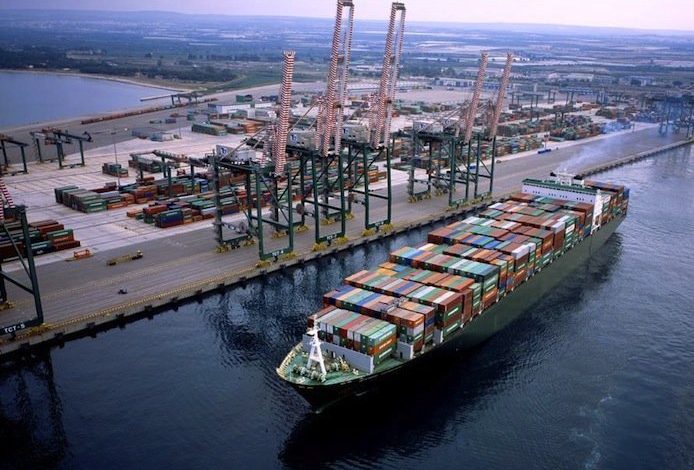Liners make case for consortia block exemption regulation renewal

The World Shipping Council (WSC), International Chamber of Shipping (ICS), and Asian Shipowners’ Association (ASA) have called for a renewal of the European Commission’s Consortia Block Exemption Regulation (CBER), due to expire on April 25, 2024.
The CBER allows, under certain conditions, shipping lines with a combined market share of below 30% to enter into cooperation agreements to provide joint cargo transport services.
The lobbying groups claimed that vessel sharing contributed to the EU policy goals of reducing transport emissions, increasing competitiveness and improving efficiency to reduce costs, describing it as a “purely operational measure” that also expands the range of destinations and services available to customers and reduces empty space onboard ships.
“From an operational and environmental perspective, vessel sharing is like public transport and car-pooling schemes: seeking to maximise efficiency and reduce emissions through the shared use of transport assets and infrastructure, significantly reducing emissions per unit of cargo transported,” said Yuichi Sonoda, secretary general of ASA.
A report by the OECD-affiliated think tank International Transport Forum (ITF) suggested that governments and other jurisdictions have facilitated the rise of ocean freight rates and the current supply chain crisis by creating a supportive legal framework for alliances and consortia.
Trade organisations representing container shipping owners and forwarders, port terminal operators, and other supply chain stakeholders have called for an immediate review of competition regulations governing container shipping. They jointly stressed that the benefits of the exemptions from general competition law enjoyed by the liners are not being shared fairly with the rest of the economy and that this in itself constitutes a compelling reason why the Block Exemption should be reviewed urgently.
The trio, on the other hand, reminded the Commission that its evaluation was taking place against the backdrop of an unprecedented global crisis that has witnessed substantial bottlenecks and congestion despite ocean carriers deploying every available owned and chartered containership.
“The frustration that shippers have understandably experienced from service delays and increased cost has been channelled towards carriers, their vessel sharing arrangements, and the regulatory tools which facilitate such arrangements, including the CBER. But data shows and regulators concur that the problems were caused by factors outside carriers’ control and not by vessel sharing,” claimed John Butler, president and CEO of WSC.
A joint 100-page submission to the EC said the CBER represented an “essential regulatory tool that yields significant benefits to the EU, with no downside from a competition or consumer welfare perspective,” asking for the CBER to remain in place in order “to ensure continued efficient and competitive ocean transport for European shippers and consumers, while meeting climate goals.”
Guy Platten, secretary general of the ICS, added: “Vessel sharing is a tool that has been recognised by regulators around the world as providing a foundation for the reliable movement of international trade. As we come out of the pandemic and markets normalize, we need common and predictable regulations across the globe in order to help transportation and trade networks to stabilise.”
